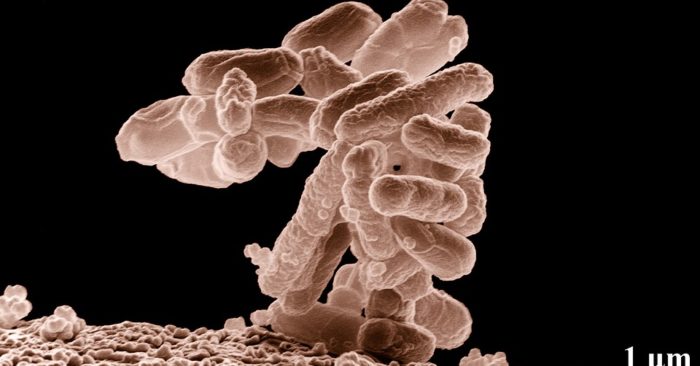RIO DE JANEIRO, BRAZIL – A study carried out in the Ribeirão Preto unit of the University of São Paulo (USP) Hospital and Medical School, shows that the routine cleaning of the hospital’s adult and neonatal ICUs is incapable of countering the bacteria present in the area.
The study was published on August 28th, in an article in the specialized journal Frontiers in Public Health.

According to the research, the cleaning of the ICU resulted in a slight decrease in the diversity of microbes. However, several types of bacteria have proven resistant to disinfection, suggesting that they are well adapted to the environment.
“In general, the cleaning procedure was inconsistent. Potential influencing factors for poor cleaning include low biocide efficiency, bacteria well adapted to daily cleaning, contaminated disinfectant solutions and wipes, and differing compliance to the hands hygiene and cleaning procedure,” states the research conclusion.
Regular cleaning is a protocol that guides the hygienization of ICU beds and the surrounding area by nurses. Cleaning includes mattresses, infusion pumps, and respirators and aims to reduce microbes in the environment and prevent transmission between patients. The cleaning procedure followed by the hospital team is standardized and performed according to international guidelines.
“Most of the genera [bacteria] found in both [ICU] units are present in the healthy human microbiome, suggesting that the most likely carriers of contamination are hospital staff and patients”. The research points to cell phones, computers and medical records, “commonly used but generally neglected” as items that are spreading the microbes.
“There is an urgent need to develop strong microbial surveillance policies to help guide procedures by improving infection control,” the study concludes.
According to the Hospital’s Infection Control Committeel, the study results do not permit a determination that the amount of bacteria resistant to regular cleaning is sufficient for disease transmission.
The research was conducted based on a partnership between the Hospital Infection Control Committee of HCFMRP and researchers from the Faculty of Philosophy, Sciences and Literature of USP, Ribeirão Preto campus .

